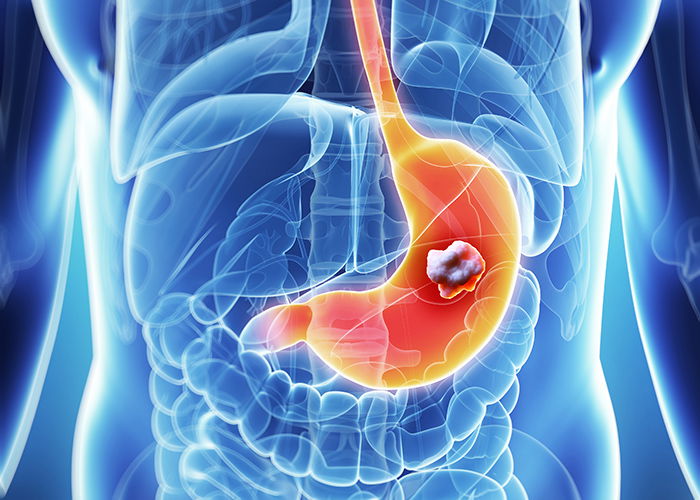As well as potentially saving your life in emergency events, some experts say that knowing which bl00d group you belong to could also boost in handling longer term health conditions – specifically, canc3r.
A study carried out in 2015 reportedly ruled that only one of the four blood groups had been connected to a weakened chance of developing certain strains of the disease. But which?
Looking for your bl00d type
It’s crucial to note, however, that this isn’t the type of info that the NHS member of staff taking your bl00d will present voluntarily. In fact, most people only find out their bl00d group when being treated for a specific health condition.
As we say, there are four ‘types’ of blood. Every person is either:
- A
- B
- AB
- O

Each of these four groups can then be further analyzed, as either ‘positive’ or ‘negative’ – so, you could possibly be A-positive, B-negative, O-negative, AB-positive, etc. This refers to whether or not your blood carries something called the Rh protein.
Which bl00d group is connected to a weakened chance of developing canc.er?
As we say, in recent decades, in-depth studies have attempted to determine whether certain bl00d groups dictate the likelihood of being diagnosed with a certain condition.
Yesterday, it is reported that Type O individuals have a lessened chance of being dealt a form of heart disease – possibly in comparison to other bl00d groups having certain clotting factors caused by solidifying proteins.

It’s further sad news for types A, B and AB, being that these three bl00d groups have also been closely related to a higher risk of developing stomach canc3r.
As we say, a 2015 study has ruled that the Type O blood group has a weakened risk of such a diagnosis – though, it’s crucial to note that no significant relationship between bl00d groups and mortality rates in canc.er cases.
Such was also the pattern in pancreatic canc3r diagnoses – with Types A, B, and AB blood types having an increased risk.

Meanwhile, O blood type has been connected to a reduced risk of various colorectal canc3r.
Dr Sanjay Aggarwal – a general physician at Holistic Healthcare Centre in Delhi – recently commented, however: “It may be more accurate to say people with type O bl00d are at a lower risk for pancreatic canc3r, given the work researchers are doing on bacterial infection.”



